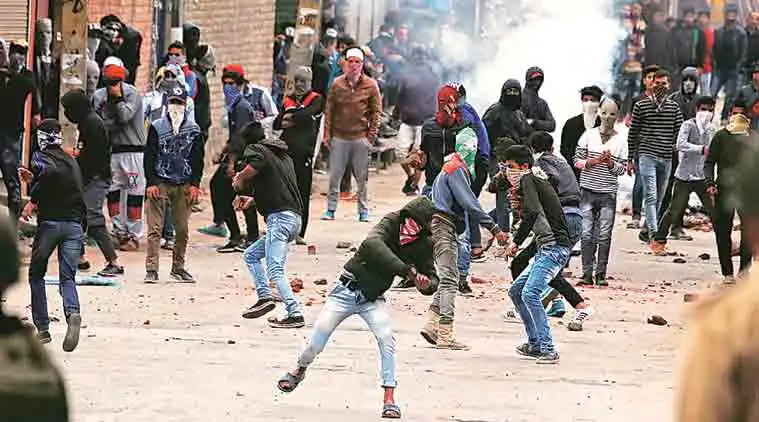Yesterday, 28 Hindus were tragically killed by Islamic Jihadis in Pahalgam, Kashmir. The use of language in describing these events is crucial. Referring to the perpetrators as terrorists while labeling the victims as tourists is a grave error. The severity of the situation cannot be fully comprehended if we fail to acknowledge the true nature of the violence that took place. Not a single Kashmiri repented the death of the Hindu Tourists, they are more bothered about what will happen to their business.
The Jihadis responsible for the killings did not discriminate based on religion, caste, language, or ethnicity. They did not inquire about the victims’ backgrounds or affiliations before committing their heinous acts. This highlights a fundamental issue that has plagued our country for decades – a deceptive narrative built on the pillars of “Kashmiriyat,” democracy, and humanity.
The concept of Kashmiriyat, purported to signify a unique cultural identity, has been distorted to serve the agenda of supporting Jihadis and antagonizing Hindus. The narrative of democracy and humanity in Kashmir has also been manipulated to mask the atrocities committed against the minority Hindu community. The forced exodus of Kashmiri Hindus from their homeland, accompanied by threats of conversion or death, is a stark reminder of the true nature of Kashmiriyat.
Despite efforts to promote development and stability in the region, the underlying issues of religious extremism and anti-Hindu sentiment persist. The recent incident in Pahalgam serves as a tragic reminder that superficial changes do not address the root causes of conflict in Kashmir. The narrative of peace and progress is merely a facade, masking the underlying tensions and hostilities that continue to simmer beneath the surface.
The government needs to recognize that combating Jihad cannot be achieved through development alone. The recent elections in Jammu and Kashmir, where the BJP failed to secure a single seat in the valley, underscore the deep-rooted challenges that persist despite efforts to promote peace and development.
The celebration of violence against Hindus by certain individuals on social media is a disturbing reflection of the deep-seated animosity that continues to exist in the region. The glorification of terrorism and the lack of condemnation for such heinous acts highlight the urgent need for a shift in mindset and a reevaluation of the narratives that have perpetuated conflict in Kashmir.
The notion of Kashmiriyat must be redefined to encompass inclusivity and respect for all communities, rather than serving as a tool for division and hatred. The true test of humanity and democracy lies in the willingness to confront and address the underlying issues that have fueled conflict and division in Kashmir for far too long. It is time for a more honest and nuanced discussion of the complexities and challenges that continue to define the region, to pave the way for lasting peace and reconciliation.
DO WE NEED KASHMIR….KASHMIRIS…WHO DOES NOT HAVE ANY PATRIOTIC FEELINGS FOR INDIA?

